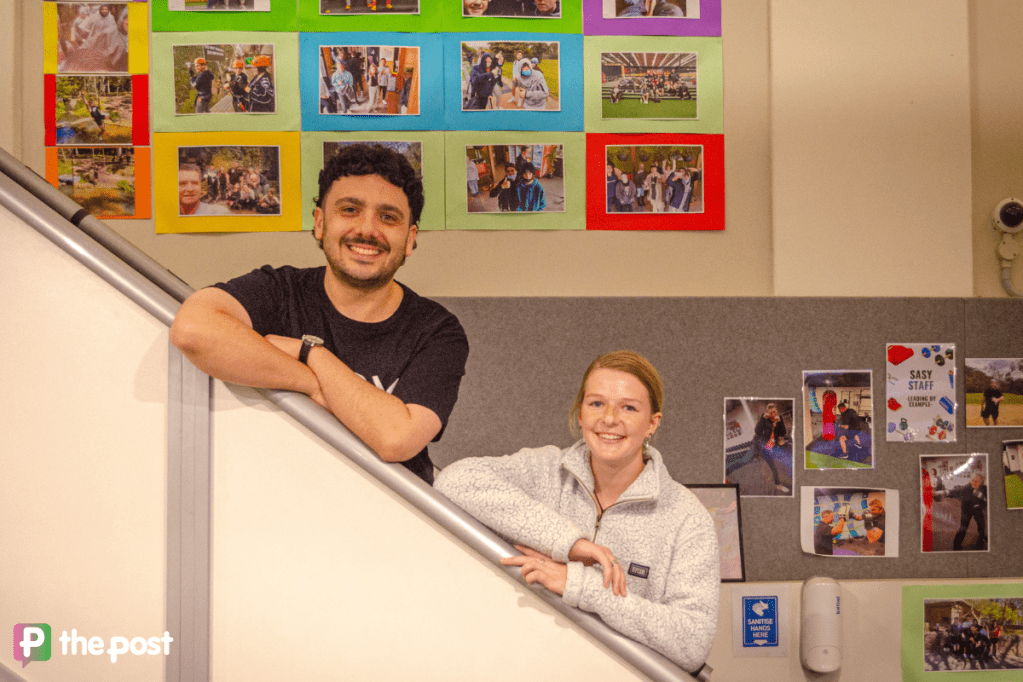New arrivals to Adelaide, including refugees, are paying unnecessarily high energy bills because they don’t know how to cut their consumption.
Many don’t have a basic understanding of appliances, their running cost and the impact on their energy bills, a report finds, and it recommends refugees be given a grant of up to $1,000 to buy refrigerators.
The lack of understanding leads to high energy bills which households may be unable to pay and could result in disconnection, it says.
“The second outcome is energy underuse which is caused by limiting appliance use … resulting in personal discomfort,” the report says.
The report was issued by the federally funded Adelaide Solar City Program, which began in 2007 and ends on June 30 this year.
Separate reports are also being finalised on a market trial of commercial and residential solar photovoltaic (PV) systems, cost reflective pricing and smart metering solutions, energy efficiency products and community engagement initiatives.
You might like
Metering data and census-type information has been collected to measure the impact of these measures as ways to improve energy use behaviours.
The latest report examines the Home Energy Assistance Program which trialled energy assistance to 450 low income households, including new arrivals and refugee communities, beginning in April 2011.
As well as the problems of unfamiliarity with appliances, the report also found that language was a barrier.
“Many refugees and new arrivals report low levels of proficiency in English with 41 per cent of program respondents reporting that they cannot speak English well or at all,” the report says.
“This makes it more difficult for them to read and understand their electricity bills, obtain information on energy efficiency, or seek assistance regarding appliance use.
“These communities often face additional challenges to understand or manage their energy bills due to language and cultural barriers, unemployment and difficulties in finding suitable housing.”
Stay informed, daily
The report cites the case of a refugee from Nepal who “was unaware that some windows need to be opened when they run the evaporative cooler, so the appliance has not been working efficiently”.
The report made five recommendations including:
· Educating low income communities, in particular refugees and new arrivals on how to select and use energy efficient appliances.
· Providing free low cost energy efficient devices such as low flow showerheads, CFL light globes, door seals, draught stoppers and thermometers (marked with energy efficient appliance temperatures).
· Energy audits for an estimated 12,000 families, providing in-home advice on how to cut consumption.
· Free in-home displays to enable households to monitor their energy use.
· Free energy efficient refrigerators/
The report says the fridge offer would overcome a key part of energy overuse.
“It is recommended that consideration is given to providing refugees with access to a grant of $1,000 per household to purchase an energy efficient refrigerator.
“The rationale for providing a grant for a refrigerator only is that it is arguably the most essential household appliance, with the added benefit that the recipient will be able to take it with them when they change premises.”








